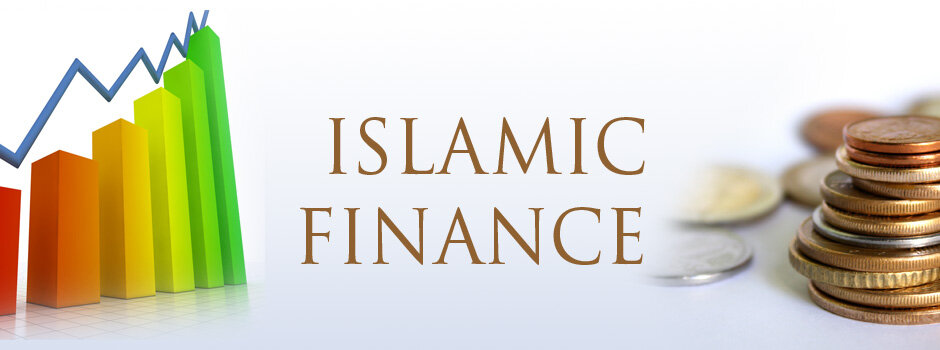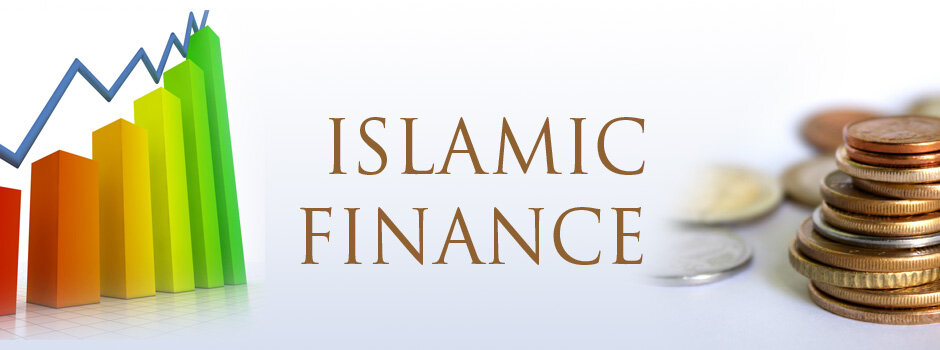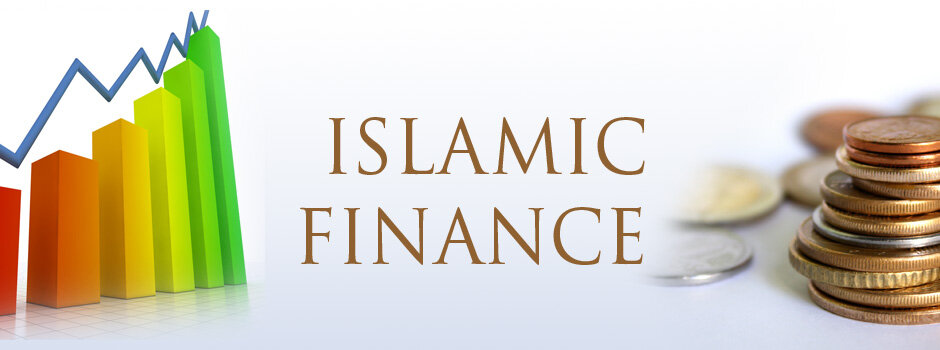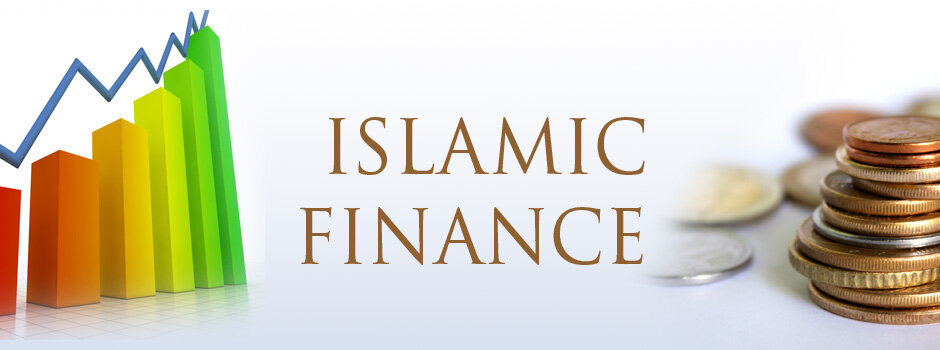The stock exchange is an institution that serves as a marketplace provideing a platform for trading of securities. It functions similarly to other markets, such as those for food or automobiles, with the primary distinction being the specific commodity it trades: securities. Businesses rely on the stock market to raise capital for growth and development, while investors seek to grow their wealth. Securities typically offer higher growth rates compared to traditional banking products, but they also entail higher risks. Islamic banks, like any other financial institution under financial and prudential control, might be conservative in their investment strategies. Nonetheless, knowledgeable investors utilize the stock market to diversify their investment portfolios. This is why businesses and investors play pivotal roles, acting as both buyers and sellers. Businesses showcase their securities to attract potential buyers, while investors analyze and select the most advantageous opportunities. Occasionally, businesses may acquire securities of other companies, and investors may choose to sell their securities under favorable conditions. All factors influencing company profits swiftly manifest in the stock market's condition, hence the common expressions of 'rise' or 'fall' of the stock market.
The securities market offers a wide range of products, including both conventional and Islamic options:
- Conventional debt products (bills of exchange and bonds)
- Sukuk
- Equity
Conventional debt-based products are non-Sharia compliant due interest-bearing features. They are akin to conventional bank deposits: one lends money with the expectation of receiving it back with a predetermined return after a certain period. Though called Islamic bonds, Sukuk are financial vehicles that adhere to the principles of Sharia. Equity securities grant the owner a "piece" (share) of the company, entitling them to a portion of its profits. Equity represents a residual claim, lacking a fixed maturity and being perpetual. This means that such securities are indefinite and last as long as one owns them. Their return can vary greatly, ranging from very high to unpleasantly low, as it is not predetermined in advance. Equities are Sharia compliant in their features as a financial product. However, their lawfulness (halal feature) from a Sharia perspective depends on the compliance of the company's core business with Sharia and the ratio of conventional debt used in its operations and investments.










